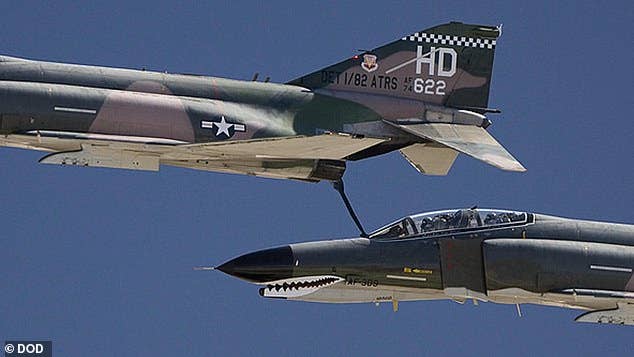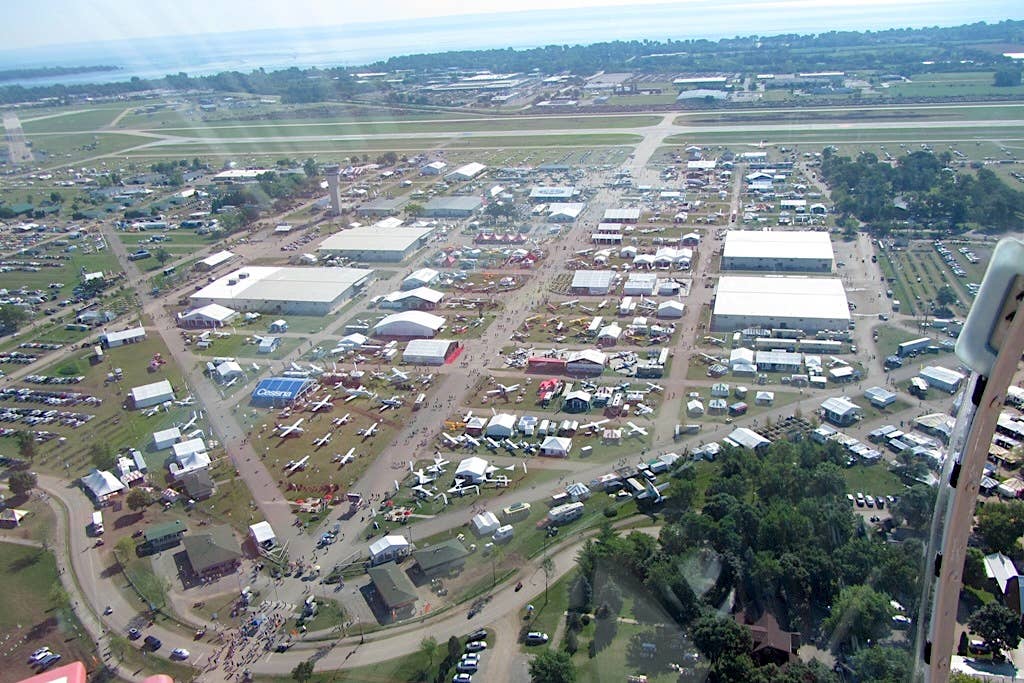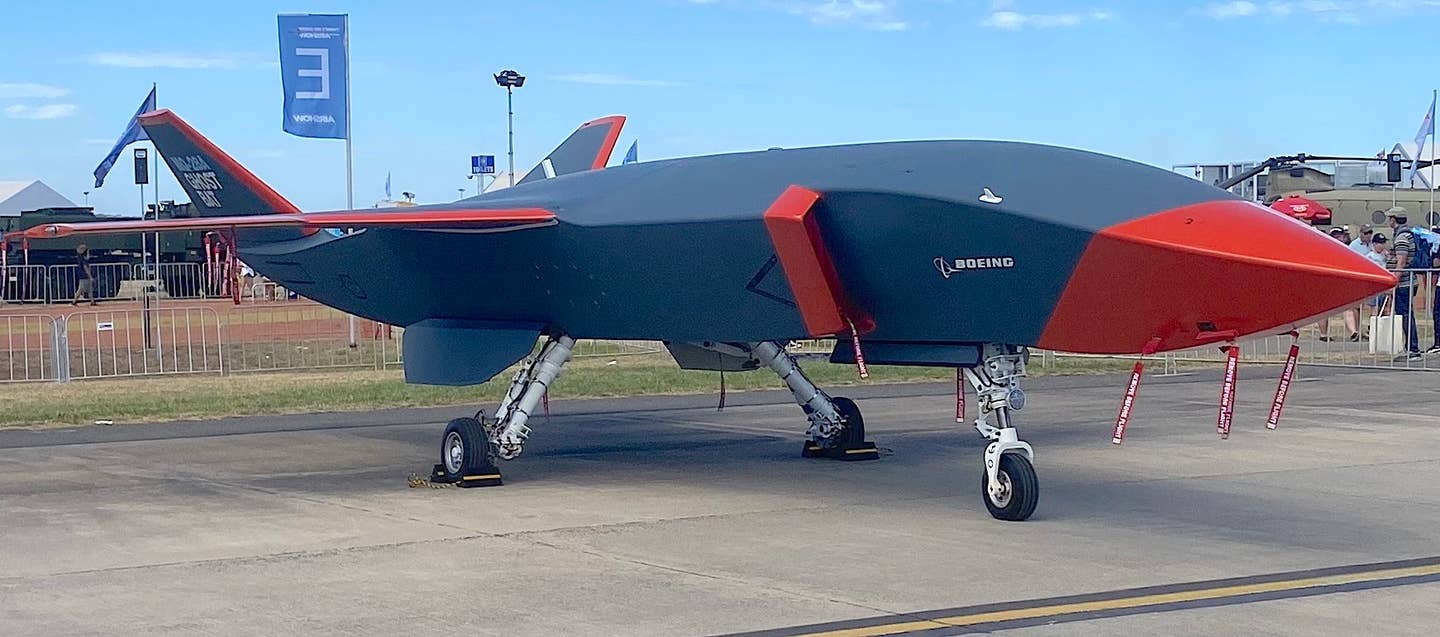‘Pardo’s Push’ Pilot Dies
Bob Pardo, the fighter pilot behind one of the best known—and for decades officially least recognized—aviation exploits of the Vietnam war died in a hospital in College Station, Texas, from…

Bob Pardo, the fighter pilot behind one of the best known—and for decades officially least recognized—aviation exploits of the Vietnam war died in a hospital in College Station, Texas, from lung cancer complications in early December. He was 89. According to the Washington Post obituary, Pardo and his wingman both took ground fire in their F-4 Phantoms in an attack on a steel mill in North Vietnam on March 10, 1967. The other Phantom's fuel tank was hit and emptying rapidly. Pardo maneuvered behind him, told him to lower his tailhook and began what was known as "Pardo's Push."
Bailing out would have meant capture and likely death for both crews but Pardo knew the other Phantom, flown by Capt. Earl Aman, would lose all its fuel long before they could get to friendly territory. Pardo nudged the frame around his windscreen up to the bottom of the hook and added power. Although it slipped free numerous times, Pardo was able to rejoin with the tailhook and extend the descent of the other aircraft just long enough for them both to cross the border into Laos where both crews ejected. They were picked up about two hours later by U.S. HH-53 helicopters.
The incredible feat of airmanship earned widespread accolades from the aviation community but left the U.S. military in a quandary. "[They] “didn’t know whether to court-martial me or pin a medal on my chest,” Pardo said in a 1996 interview. Standard operating procedure would have been to save himself, his backseater and his airplane by hightailing it back to his base in Thailand, but Pardo was having none of that. “How can you fly off and leave someone you just fought a battle with?” he wondered in a 1996 interview with Air & Space Forces Magazine. “The thought never occurred to me.” Wing Commander Robin Olds managed to officially sweep the incident under the rug, but that meant the Air Force would not formally recognize the pilots' exploits. That was fixed in 1989 when Congress awarded Pardo and his weapons systems operator each the Silver Star.






